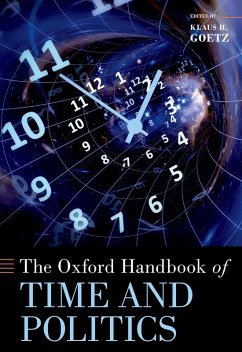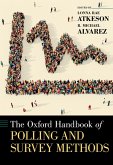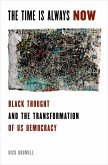The close connection between time and politics is central to many political debates. Turbulence, emergencies, and crisis politics have led to criticism about the marginalization of deliberative institutions, notably parliaments, as time pressures appear to have concentrated decision-making in small circles. Non-majoritarian institutions that do not follow electoral rhythms, such as central banks, are said to have gained in power. Some observers fear that democracy is being "timed out". By contrast, many analysts of public policy criticize democracy for its electoral time horizons. Some argue that policy-making for the long term, as, for example, in environmental policy, should be dealt with outside the realm of electorally accountable, "short-termist" institutions. Scholars of international relations have highlighted the importance of time rules and time pressures in structuring international negotiations. Normative and empirical political theorists have emphasized the temporal "subtext" to many of political theory's analytical concerns, such as intergenerational justice.
The Oxford Handbook on Time and Politics is the first major publication that surveys time-centered research in political science across its sub-disciplines. As such, it integrates and consolidates an emergent body of knowledge, but also aims to inspire future scholarship. The Handbook highlights that paying systematic attention to time in political analysis yields questions and insights that are of relevance to a very broad range of political scientists working within different theoretical, methodological, and epistemological traditions. The Handbook covers comparative politics and government; public policy; international relations; and political theory and is written by authors drawn from more than a dozen countries, making it a critical resource for scholars and students across a broad spectrum of the discipline of political science.
Dieser Download kann aus rechtlichen Gründen nur mit Rechnungsadresse in A, B, BG, CY, CZ, D, DK, EW, E, FIN, F, GR, HR, H, IRL, I, LT, L, LR, M, NL, PL, P, R, S, SLO, SK ausgeliefert werden.









